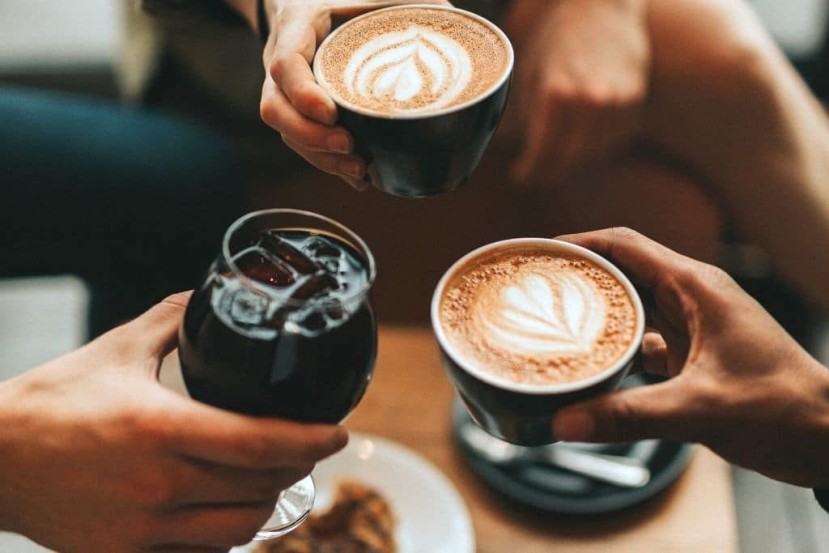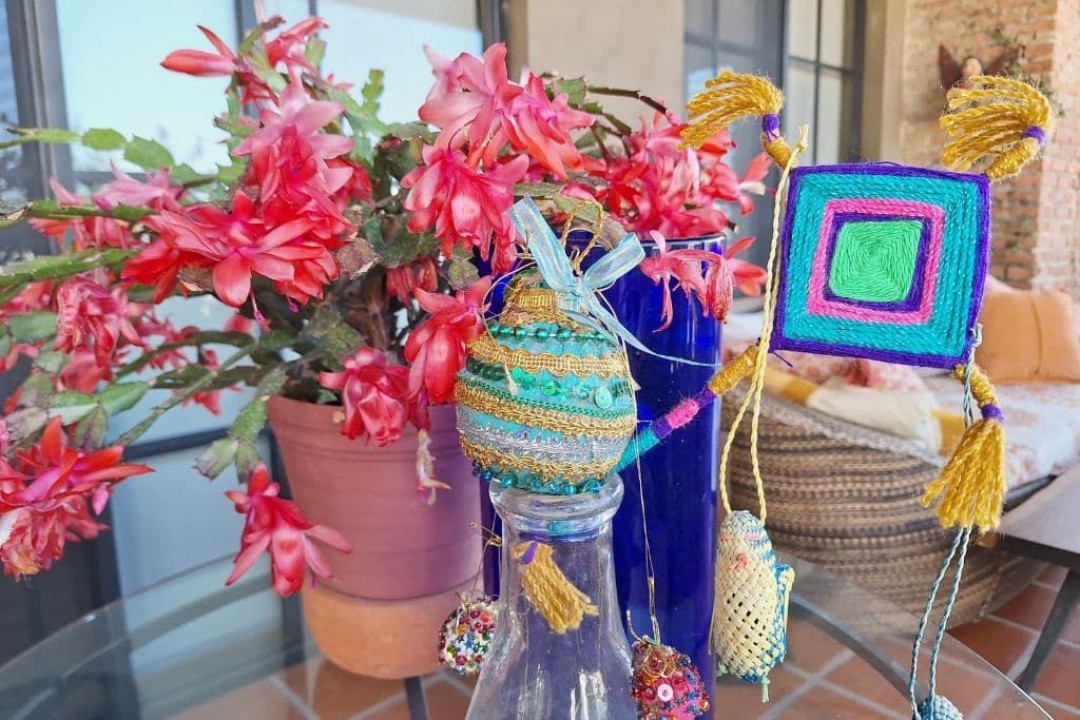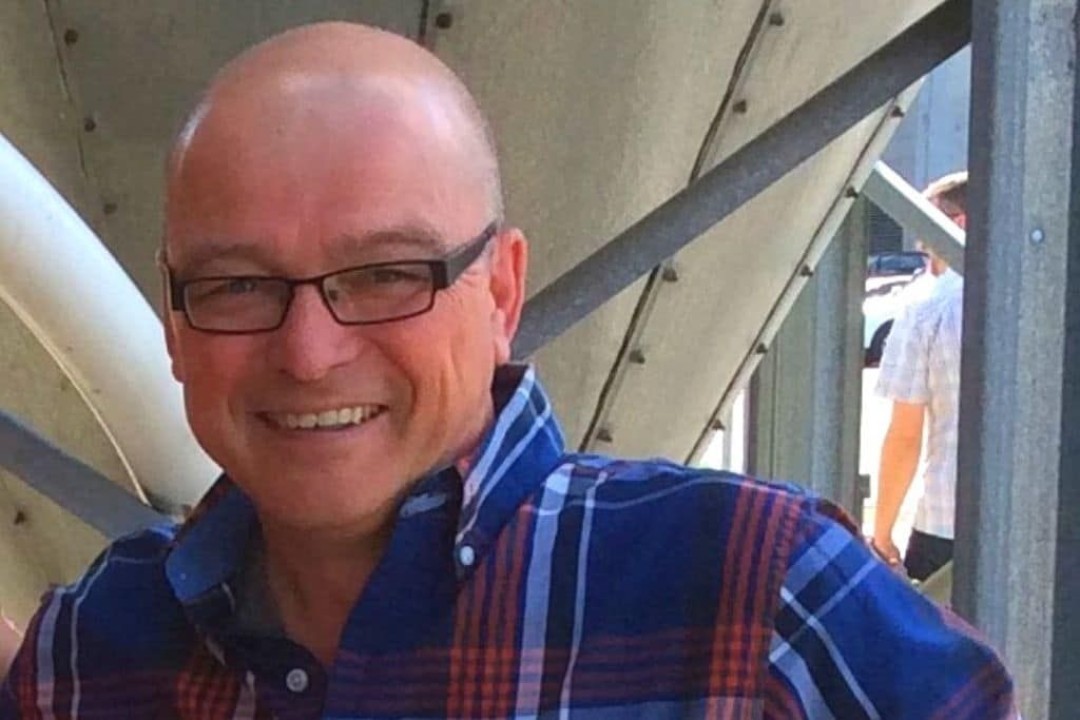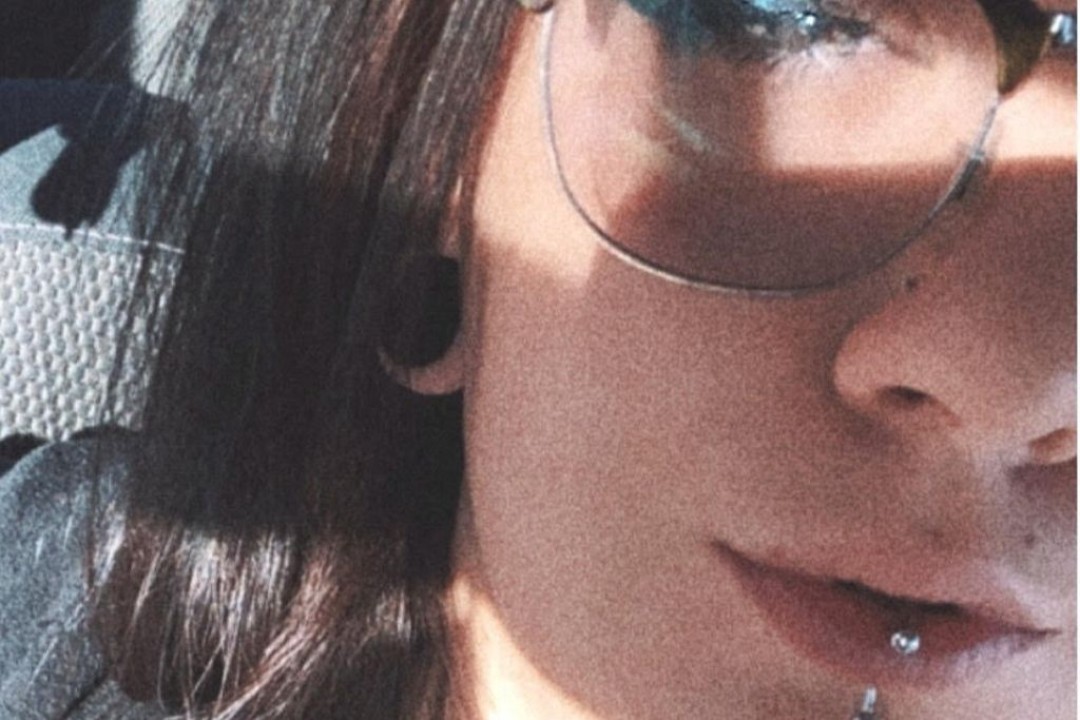Socialising Sober
April 8th, 2021 Guest Posts 18 comments

Sue Kerr writes about how she copes with socialising now that she is no longer drinking.
========
@suek: Probably the most terrifying thought when I first quit drinking was “How the hell am I going to socialise now?” I’m quite shy, and really hate big crowds and noisy scenes, so drinking was pretty much compulsory to calm my nerves, even before I stepped out the door. Contemplating a sober dinner party was too depressing for words.
My first sober socialising experiences were excruciating. I was mortified in the twisted way of thinking that everyone would be looking at me, knowing my awful secret, their eyes boring holes in my back, talking about me in hushed and horrified tones.
I would be glowing in the dark sober.
But that was all in my own head. Nobody actually gives a damn. Most people who don’t drink or drink moderately don’t even think about other people’s drinking. And drinkers are usually only concerned with keeping their own glass full.
For a while, when you quit, you’re in that no-man’s land where you’re acting like a non-drinker and thinking like a drinker, and everything’s screwy in your mind. But it doesn’t take long to start feeling OK and normal socialising sober.
Here are some practical things that really helped me while I was getting used to it.
* When you go out, make sure you drink! Not alcohol. Just have a glass in your hand and keep it full. (If you’re like me, you’re an expert in keeping your glass topped up!) If you already have a full glass, nobody is going to ask you if you want a drink or a top-up, so you won’t have to say anything. This applies at home too. For me, not drinking at home was a huge change. We almost always had wine while cooking, wine with dinner. It was a ritual that we’d had for years, and I felt really terrible that I was going to be the one to wreck it. But I really wasn’t wrecking anything by stopping drinking. We can still have our rituals. I just changed the liquid in my glass, because that’s the choice I’ve made. Raise a glass, say “Cheers”. And enjoy your lovely soberness as well as your together times.
* Avoid awkwardness by taking your own. If you take a supply of your own favourite drink when you go out, it’s so much easier when the host says “What can I get you to drink?” “I’d love a glass of that Lemon Perrier I brought thanks.” Easy.
* Order water like you’re ordering wine. When the waitress asks if you’d like to see the wine list, be confident and direct. “I’d like a large bottle of sparkling mineral water and a wine glass please. No ice.” Or whatever drink you want. Just order it as if you want it way more than the wine list. I really think we can retrain our minds and hearts and bodies if we stop saying things like, “No thanks, I’m not drinking wine any more. What else do you have?” See how that puts all the power and responsibility back on the other person to offer you something else, and then you have to choose, and then it’s just another struggle you don’t need. Decide ahead of time what you’re going to have, and order it like it’s the only thing you want. “I’d love a gingerale in a pint glass please!” Done deal.
* But what if someone pesters you? At some point, someone who’s drinking or drunk might start badgering you about why you won’t drink with them any more. I really only have one policy about this. I don’t talk about my decision to stop drinking with anyone who’s drinking (as in has a drink in their hand right now). There is absolutely no point in discussing sobriety with someone who’s drinking — their judgment is clouded, their minds are not present, they’re not really listening anyway. This has only happened to me twice, and I said something like “Hey, I’d be happy to talk to you about this. Give me a call when you’re free for a coffee.” They didn’t.
* But why aren’t you drinking any more? It’s actually nobody’s business, but people will ask, so it’s super helpful to memorise an answer, and use it over and over. It might take a while to find one that suits you and feels honest and comfortable for you. These days, if people ask me why I don’t drink, I just say “I used to drink too much, so I decided to quit.” And there’s always someone who says “You didn’t drink that much, Sue!” And I reply “I drank more than I wanted to. And I feel so much better now that I don’t drink at all.” That’s the end of that conversation. Short and sweet. I don’t go into all the gory details about how much and how often I drank, and how secretly crap my life was because of it. I will talk with sober friends about that, because they get it and they know how precious and important this all is–they honour it, and only see how wonderful it is to be free. That’s the kind of support I need.
* Know when to back out. Of course, there will come a time, over dinner or at a party, when the other people get tipsy and whooping it up, and you’re stone cold not. For me that’s the time to head off home, or go to bed. It’s not rude or party pooping. It’s just time for me to check out and get into my bedtime happy place, and look forward to tomorrow’s wake up happy place. That’s how I look after myself now.
* Eventually everything changes. Eventually, you start feeling normal being sober when you go out. And eventually, people know you as a non-drinker and that becomes just a simple fact about you. On our last holiday, one of the best things that happened was overhearing this little conversation, in the car on the way to a dinner party:
“How much wine should we take?” “Umm. Well, Pete doesn’t drink, Gary doesn’t drink, Sue doesn’t drink… so that only leaves four of us. A couple of bottles should be heaps.”
Sue doesn’t drink. It’s the new normal.
I can’t tell you how happy I was to hear those words.
© 2014
Continue reading
December - Sobriety Gifts
Sobriety Gifts by @suek ======= It was this time last year that I committed to writing these self-care posts.
December 10, 2023 – 15 comments
Sober Story: Graham
"The note was from my wife and it simply stated: “Okay. I think we have tried this limiting the drinking. It’s not working. You need to come up with a plan. It’s now your choice, me or the booze.”"
May 29, 2022 – 33 comments
The Trouble With Booze (Nigel Latta)
Here is the link in case you missed it last night.
August 13, 2014 – 52 comments
Sober Story: Kailey
This week’s Sober Story comes from Kailey, a 22-year-old living in Florida, USA.
February 12, 2020 – 7 comments


